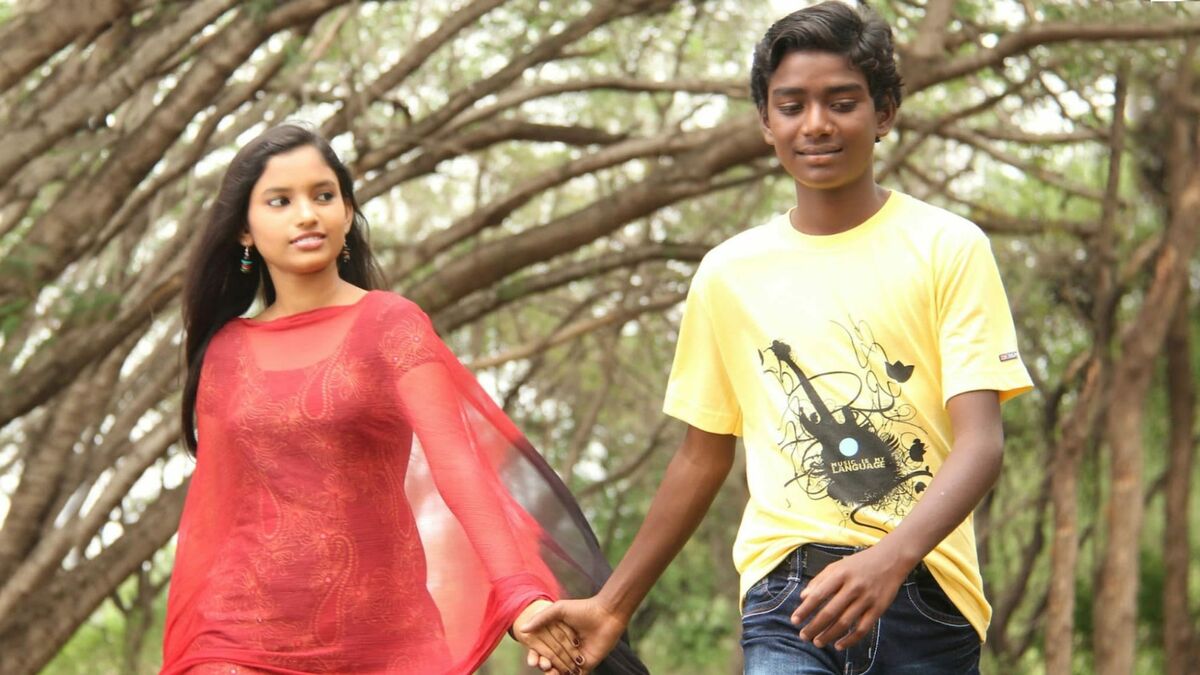A Dalit teenage boy’s point of view that flashes the reality of caste, colour, religion, and untouchability in modern India is exactly what the film “Fandry” directed by Nagraj Manjule talks about. Even though we believe we have moved forward as a whole nation but the reality is that we have moved very little in certain areas and the caste system in India is one of them. “Fandry” (meaning pig in Marathi) a Marathi film released in 2013 is an absolute masterpiece and at the same time is a reality check for the audience.
Caste discrimination cannot be eliminated by merely granting everyone “access to education.”
At the beginning of the film, it shows that Jabya (Somnath Awghade) the protagonist of the film, and his brahmin classmate have access to the same school for education but since Jabya has to help his family in earning for their livelihood, he falls behind in academics. This gives a very closer picture of how caste-based structural disparities of class cannot be eliminated by merely granting everyone “access to education.” It is impossible to separate the disparity outside the classroom from the inequity inside.
The film’s plot is driven by Kachriya’s (Jabya’s father) assignment to find the black pigs and Jabya’s ambition to capture the black sparrow, which serves as symbols of caste and social inclusion in real life and this shows that Kachriya in a way has accepted his fate whereas Jabya is a very headstrong character and is more resistant to accepting his oppression. Further, he strives to go above what the limitations of his caste permit if he is even dreaming of a relationship with an upper-caste girl.
Important issues that the movie puts forward
Fandry’s greatest victory is that it flows with the same languid pace one would expect of village life, despite its hardships, and, by putting the viewer in Jabya’s shoes, Manjule let you live in his world for a while.
First Post
Fandry very beautifully unfolds the truth of life, the reality that is avoided by just stating some lines against it in books and how it is just limited to the books only while the real world is brutal towards people who belong to lower castes, considering them untouchable, mistreating them and taunting them.
This film puts forward many important issues like – Even while Dalits’ sentiments may be shifting, the film makes it very evident that their reality is not getting any better, even within the family, interpersonal relationships are impacted by caste ties in society, the film poses the subject of whether or not education strengthens or undermines caste prejudices among upper castes.
An impactful ending that reflects the harsh reality of society
The film ends with a heavy-hearted scene with Jabya’s act of rebellion where he throws stones at the upper caste men who were taunting him and pelts a stone toward the camera and in the direction of the audience making a great impact. Leaving the audience to question the reality of what is wrong and what is right, what exactly does the word “modern” mean to the nation?
Fandry is one of those ever-green works by Nagraj that reflects the harsh truth of society. It is a must-watch film and if you have not seen this award-winning film then you can watch it on Zee5.
